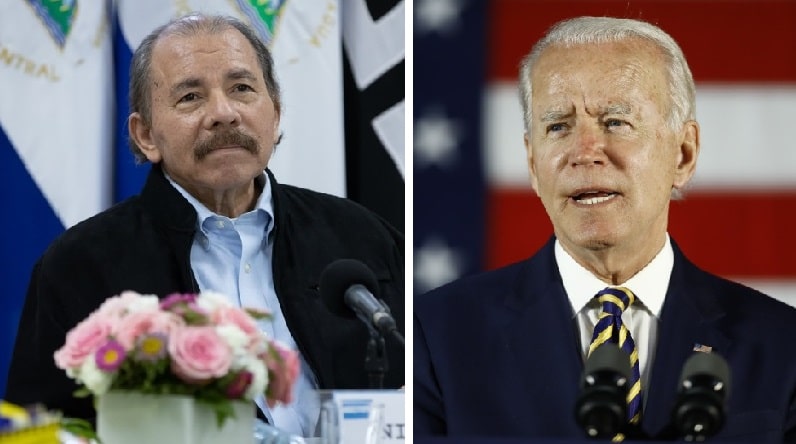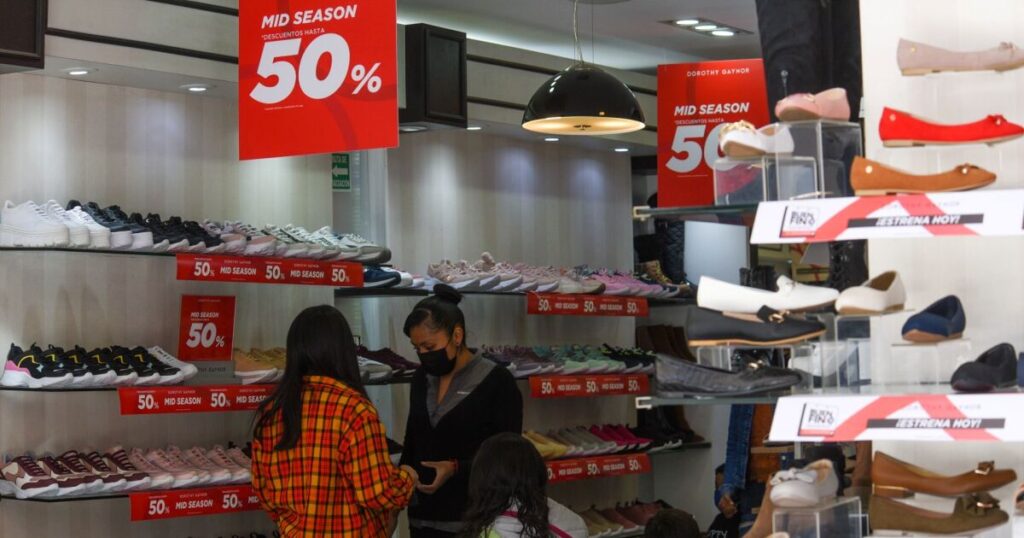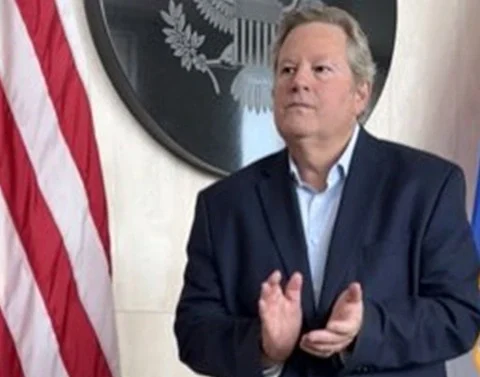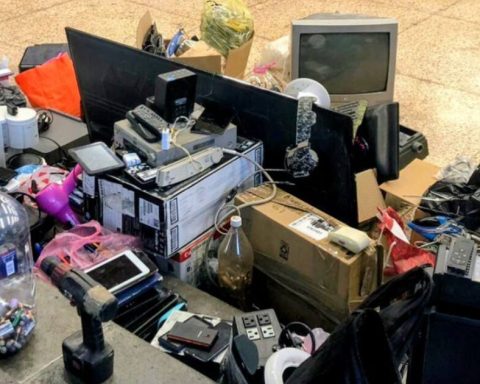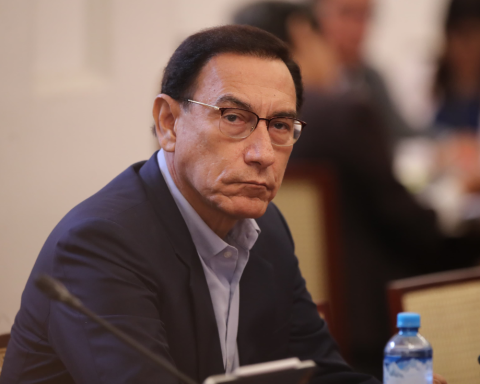The Government of the United States is evaluating imposing new sanctions on the importation of Nicaraguan products, La Voz de América assured on Monday, attributing the information to “various government sources [de Estados Unidos] with knowledge of the plans” that the Administration of Joseph Biden is weighing, “as a measure of pressure on the Government of Daniel Ortega.” However, diplomatic sources linked to the United States, consulted by CONFIDENTIAL, They ruled out an imminent announcement.
The Biden Administration has said that the repression and suppression of democracy in Nicaragua “is unacceptable behavior”, for which they have adopted measures with members of the international community to promote the “accountability” of the Ortega Murillo regime, and “they will continue to adopt other actions”, without specifying the type of measures.
Between January and July 2022, Nicaragua exported products for a total of USD 2,526.4 million. Of that amount, USD 1,156.9 million (45.8%) went to the United Stateswhich is the main destination for Nicaraguans, according to data available on the website of the Center for Export Procedures (Cetrex).
Although the Free Trade Agreement between the Dominican Republic, Central America and the United States (DR-Cafta, for its acronym in English), lacks a clause that allows the complete suspension of a member state, its article 22.2 does allow the temporary suspension of tariff benefits when required by the national security of a member state… and the third section of The Reborn Lawcontemplate those types of measures,” said a trade and international relations expert with experience in Washington.
The United States can restrict the exports of any country, simply invoking national security and, in that case, in addition to losing competitiveness, the perception that we are a high-risk country deepens, not because of a structural problem, but because of a political situation , “and that is the most negative, because Nicaragua continues to submerge itself in an international valuation that is not positive for foreign investment, nor for the business environment,” he added.
Finally, an executive who works for an agro-export union was skeptical about the possibility that the Biden Administration would make any decision, or its possible effects, since “nowhere have economic pressures or trade blockades thrown out governments. If not, let’s see the effect they have had on Cuba, Venezuela, Iran, Vietnam, North Korea, China, Russia, etc. These measures only impoverish the peoples, and destroy the economies of the countries”, he graphed.
The US will continue to sanction Ortega
The analyst who knows how US politics works, said that he knows that there is an intention to selectively touch on some element of the trade agreement, “to make life more complicated for Nicaragua, as a signal from the United States,” recalling that already there have been sanctions against the mining sectorthe of energyY telecommunications “which are the main sources of investment, as well as against managing the sugar quota”.
Although multilateral financing is already affected, “although not strictly humanitarian,” he admits that it only remains to wait and see what Washington decides, and what its impact could be, because to date, the decisions of the White House have had “under impact from the economic point of view, as if they were doing it so as not to affect the country too much, hoping that the Nicaraguan Government would react.”
“The measure applies to the Member State, of which the Government is its representative, and the private sector is an essential part of its civil society,” explains the expert in trade and international relations cited above.
He details that “this type of measure affects exporters in many ways, beyond the economic impact. The suspension of tariffs or import permits forces the search for other markets, generally with higher rates and transportation costs, which makes these products less competitive, and sends a signal to the international community of the need to pressure the State for its authoritarian drift”.
These measures “affect the private sector commercially, as a way of putting pressure on the government, but in reality, they are not targeting the private sector,” says the administrator of the union that produces food.
“We have already seen what happened at SICA, where for 153 million dollars, Central America ceded a space for an appointment that was detained for political reasons, as a way of exerting pressure or at least keeping the finger on the sore spot,” he said, noting that this leads the regime to boast of being able to withstand any form of sanction.
“The United States works under the assumption that the Government of Nicaragua is sensitive to what happens to the country’s economy, beyond the fact that the first affected is the private sector, and the people,” said the analyst who knows how it works. Washington, admitting that “no major reaction has been seen to date.”
He explained that, given this scenario, US policy makers wonder what impact this sanctions regime has, and they answer that the results are very long-term, as has been seen elsewhere, but they have to do something, and it is not convenient for them to suffocate the country. “The United States has no intention of imposing serious sanctionsand the Government of Nicaragua knows it, so it is willing to put up with what they put into it, ”he added.
Finally, they rule out that someone tries to lobby to influence Washington’s decision. First, because it carries a high risk for those who try it: if it is in support of the sanctions, the regime will attack the lobbyist, and if it is to stop them, whoever does so will be accused of supporting a governmenthuman rights violator.
The second reason is that “the United States does what it wants, even though there are many people lobbying. They have their own logic, based on their foreign policy and their own interests”, explained the analyst.
